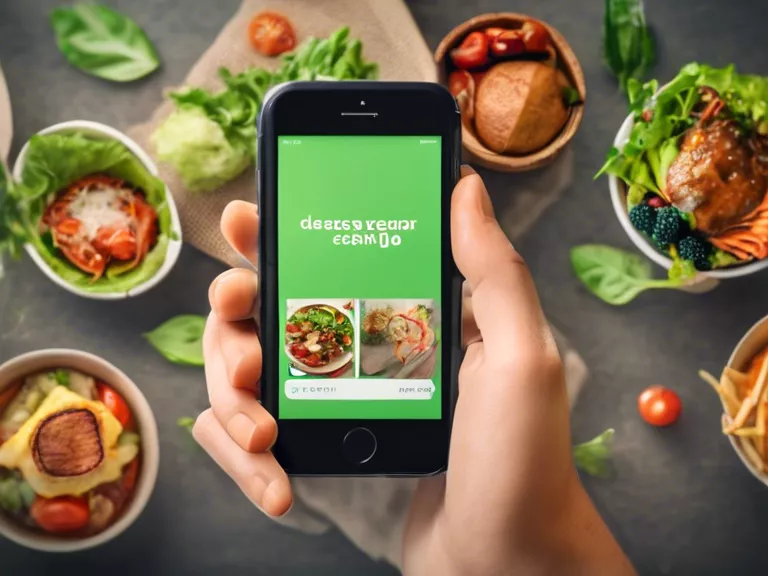
With the rise of food delivery apps in recent years, there has been a growing concern about the environmental impact of these services. However, many food delivery apps are now taking steps to adapt to more sustainable and eco-friendly practices in order to reduce their carbon footprint and promote environmental conservation.
One way that food delivery apps are becoming more sustainable is by encouraging customers to opt for reusables rather than single-use packaging. Many apps now offer the option for customers to select reusable containers for their meals, reducing the amount of waste generated by each order. In addition, some apps have partnered with local restaurants to encourage them to use compostable or biodegradable packaging for their deliveries.
Another way that food delivery apps are promoting sustainability is by partnering with eco-friendly delivery services. By using electric bikes or vehicles powered by renewable energy sources, these apps are able to reduce their carbon emissions and lower their impact on the environment. Some apps have even launched initiatives to offset the carbon emissions generated by their deliveries through tree-planting programs or other environmental projects.
Additionally, food delivery apps are working to reduce food waste by partnering with food rescue organizations. These apps allow customers to purchase surplus food from restaurants at a discounted price, helping to prevent perfectly good food from going to waste. By diverting excess food to those in need, food delivery apps are not only reducing waste but also helping to address issues of food insecurity in their communities.
Overall, food delivery apps are making strides towards incorporating sustainable and eco-friendly practices into their operations. By encouraging reusables, partnering with eco-friendly delivery services, and combating food waste, these apps are working to reduce their environmental impact and promote a more sustainable future for the food delivery industry.



